points to consider before you buy inverter ups, Are you thinking about buying an inverter UPS to counter the deadly combo of high degree centigrade temperature and load shedding? If that is the case, here are 10 points to consider before you buy inverter UPS.
Keeping the following 10 crucial points in mind while purchasing an inverter UPS will help you make the right decision and make sure you invest in the right place.
So, without any further ado, let us dig right into them.
Table of Contents
A Piece of Advice
Try not to use appliances on an inverter UPS that draw heavy electricity because if you do so, your inverter UPS’ battery will run out in a few hours. So, if you want to make sure your inverter UPS lasts long per charge, you should run only those appliances that consume low electricity.
1. How Much Power Do You Need?
Before getting your hands on an inverter for your living space, you should know what your power requirement is. Or what is the power consumption of your home. You can roughly estimate the required power by doing some quick calculations.
Unlike generators, you cannot run every single one of your home appliances on an inverter UPS, it has its limitations in terms of power production. You can only run a few of the electrical devices on it.
See what home appliances you have installed in your home and then filter out those which you need to use at any cost when electricity goes out. Now, note down those appliances and make an approximate calculation of their total power consumption.
Let us help you understand this point with an example;
Consider you have to turn on
- 1 refrigerator of 160 watts
- 4 Fans of 50 watts each
- 1 LED TV of 60 watts
- 2 tube lights of 30 watts each
- 6 LED lights of 6 watts each
the total required power will be as follows:
- Total power needed = 160 watt + (4*50) watt + 60 watt + (2*30) watt + (6*6) watt
- Total power needed = 160 watt + 200 watt + 60 watt + 60 watt + 36 watt
- Total power needed = 516 watt
So, you need a total power of 516 watt. The UPS inverter should at least generate more than 516 watt.
2. Starting Power Requirement
Different appliances have different starting and running power demands. For example, a fan would need a starting power of 90 watts and then would run at 50 watts. So, you need to take this point into consideration as well while doing the calculations.
Some heavy appliances such as washing machine, refrigerator, etc would need starting power equal to almost double the running power in order to start.
3. Capacity of Inverter UPS
After noting down the required power or load, the next thing that you should be mindful of is the inverter UPS capacity or power it can deliver as an output. We can measure it in Volt Ampere (VA).
The formula to calculate it is
Power Output = Required Power / Power factor of UPS inverter
In our case, the required power is 516 watt. The power factor of a UPS inverter is 0.7.
So, the calculation becomes:
Capacity or Power Output = 516 / 0.7
Capacity or Power Output = 737 VA
Therefore, you need an inverter UPS having output capacity of almost 800 VA.
We advise you to buy an inverter UPS of more rated VA than the required capacity VA so that you can save your money in case you need to use more appliances and hence, your power requirement amplifies. It is a good practice to buy an inverter UPS that is rated at least up to 20% higher than your required load.
4. Battery Size
Next up, is the battery size. To determine the battery capacity, you should measure how much charge a battery can hold. Battery capacity is measured in Ampere hour. Any residential setup will not need a battery of more than 60 Ah to 220 Ah.
You can calculate the required battery size or capacity using the following formula:
Battery capacity = (power requirement * aging factor * backup-time) / (inverter efficiency * battery efficiency * battery voltage)
For this formula, we will use previously calculated values, fixed values, and assumption based values which are as follows:
- Power requirement = 516 watt
- back up hours = 2 hours (assumption)
- Inverter aging factor=1.25 (fixed)
- Inverter efficiency = 0.8
- Battery efficiency=0.8
- battery voltage = 12 Volts (For lead acid battery)
Using the values in the formula, we get,
Battery capacity = (516 * 1.25 * 2) / (0.8 * 0.8 * 12) = 168 Ah
We know that the battery capacity degrades with the passage of time. Therefore, it is best to choose a battery of 5-10% higher than the required capacity. Additionally, check out these Top 5 Data Recovery Software’s in 2021.
Battery capacity =10% of 168 + 168 = 185 Ah
Hence, you need a battery of 185 Ah.
Since a battery’s capacity would degrade with time, it is advisable to go for a battery with 5-10% higher capacity. So, in this scenario the required battery capacity would be around 200 Ah. In case, you cannot find a battery of your required capacity, you may use two batteries that sum up to equal to the desired capacity. You can also decrease your load to decrease the required battery capacity.
5. Branded Inverter UPS
Try to put your hands on an inverter UPS of a popular and well reputed brand. Following are some of the famous brands that have launched their top quality Inverter UPS in the Pakistani market:
- Homeage
- Intex
- Crown
- Stabimatic
- Emerson
- Simtek
- Inverex
- Ecostar
- Maxpower
| Inverter UPS | Output Power (Watts) | Output Waveform | Price Range |
| Homeage | Starts from 1000 |
|
Starts from Rs. 23,400 |
| Intex | Starts from 360 |
|
Starts from Rs. 7,700 |
| Crown | Starts from 100 |
|
Starts from Rs. 11,300 |
| Stabimatic | Starts from 650 |
|
Starts from Rs. 7,000 |
| Emerson | Starts from 350 |
|
Starts from Rs. 11,450 |
| Simtek | Starts from 500 |
|
Starts from Rs. 11,000 |
| Inverex | Starts from 1500 | NA | Starts from Rs. 14,000 |
| Ecostar | Starts from 500 |
|
Starts from Rs. 12,000 |
| Maxpower | Starts from 1000 |
|
Starts from Rs. 19,000 |
The prices of these inverter UPS vary according to the output power they can provide. In general, Inverter UPS starts from Rs. 10,000 and can go up to Rs. 130,000.
6. Battery Brands

UPS Inverter batteries of multiple brands are available in the market. Some of the famous brands of batteries are as follows:
- AGS
- Volta
- Exide
- Osaka
- Daewoo
- Phoenix
- FB
| Brand | Voltage Range | Capacity Range (@ 20 Hour) | Price Range |
| AGS | Starts from 12 Volts | Starts from 60 Ah | Starts from Rs. 12,500 |
| Volta | Starts from 12 Volts | Starts from 52 Ah | Starts from Rs. 12,000 |
| Exide | Starts from 12 Volts | Starts from 130 Ah | Starts from Rs. 14,000 |
| Osaka | Starts from 12 Volts | Starts from 90 Ah | Starts from Rs. 17,400 |
| Daewoo | Starts from 12 Volts | Starts from 85 Ah | Starts from Rs. 12, 850 |
| Phoenix | Starts from 12 Volts | Starts from 140 Ah | Starts from Rs. 12, 000 |
| FB | Starts from 12 Volts | Starts from 80 Ah | Starts from Rs. 8,000 |
Battery Types

While going out to purchase a new battery, you will come across two primary types of batteries. These types are Tubular Batteries and Flat Plate Batteries. Let us discuss what is the difference between both of them:
1. Tubular Batteries
Tubular batteries are a kind of lead acid battery. These batteries need less maintenance and feature a longer life expectancy. Tubular batteries are best for those areas where electricity is cut for long periods. These batteries are available in two sizes. One is the long tubular battery and the other one is the short tubular battery. Short tubular batteries are cheaper because they have lesser battery capacity in comparison to longer tubular batteries.
2. Flat-Plate Batteries
Flat Plate batteries are for people who want a battery that doesn’t consume a lot of their budget. It is also a type of lead acid battery that comes with two flat plates. These batteries are most suitable for those places where people have to face frequent electricity cuts. Flat Plate batteries have smaller battery capacities in comparison to tubular batteries. So, you should not opt for this if you live in a place which experiences long durations of non-stop electricity cuts.
Type of Inverter UPS

Three types of inverter UPS are available in the market. Square wave, stepped sine wave, and pure sine wave inverter UPS. Out of these three types, pure sine wave inverter UPS is the best one. But it comes at a high cost. Still, the benefits and features it offers, it’s worth your money.
| Fator Name | Square Wave | Stepped Sine Wave | Pure Sine Wave |
| Heat generation | High | Low | Normal |
| Suitability for
sophisticated appliances |
No | Not recommended for prolonged use | Yes |
| Life of appliances | Less | Moderate | High |
| Noise level | High | Moderate | Normal |
| Battery Life | Less | Moderate | High |
| Safety of electrical
appliances |
Less | Moderate | High |
Features to Look for
Look for the following features while choosing an Inverter UPS:
- Solar Panel Input
Modern inverter UPSs come with the Solar panels so that they can be charged using solar energy in place of electricity. Such inverter UPSs are embedded with regulators and solar charging circuits.
- LCD Status Indicators
The latest inverter UPSs are available with LCD status indicators to show different types of statuses such as battery life, battery charge level, input/output voltages, load, and more.
- High/low Voltage Cutoff or Voltage Stabilizer
Go for an inverter UPS that comes with an inbuilt voltage stabilizer for protecting your home appliances from dangerous voltage fluctuations.
- Earth Leakage Protection
Many inverter UPSs feature Earth leakage protection. It is a safety device used to protect users from electric shock and home appliances from damage.
- After Sales Support
The ideal brand is the one that offers after-sales support so that in case your customers face any problem, the after-sales support team can solve them. So, go for the brand of battery and Inverter UPS which offers awesome after-sales support to the customers in the form of repair, maintenance, solving queries, and more.
FAQs
- What should we check before buying an inverter?
We have provided a list of 10 points that you should check before buying an inverter.
- What is best UPS or inverter?
Brands such as ecostar, infini, homeage, invetex, etc. have introduced some of the best UPSs or inverters in the Pakistani market. You can check out their products.
- What makes a good inverter?
A good inverter is one that offers a lot of features and fulfills your power requirements.
- How do I choose a UPS battery for my home?
We have mentioned the top 10 points that you should keep in mind while choosing a UPS battery for your home. Go through all of them and then select a UPS.
Conclusion
Choosing an inverter UPS is a hard task but not with the guide that we have provided you. Keep the above-enlisted points in mind when choosing an Inverter UPS. Clear your mind, see what your requirements are and then choose an inverter UPS. We have provided you with all the details that will help you make a strong decision.

Hamza Subhan is a digital content director at Price In Pakistan. He lives in Lahore. He keeps an eye on every new item in the markets of Pakistan and his hand on the pulse of Pakistani people to provide them with the information that they need about the product. He has a bachelor’s degree in Electrical engineering from UET Lahore. His keen passion for the latest technology, gadgets, and knowledge about electrical appliances led him to launch Price In Pakistan. He is the main hand behind the articles related to electrical home appliances and gadgets. When he is not looking out for the new technology and writing about it, he is playing guitar and singing for his friends.
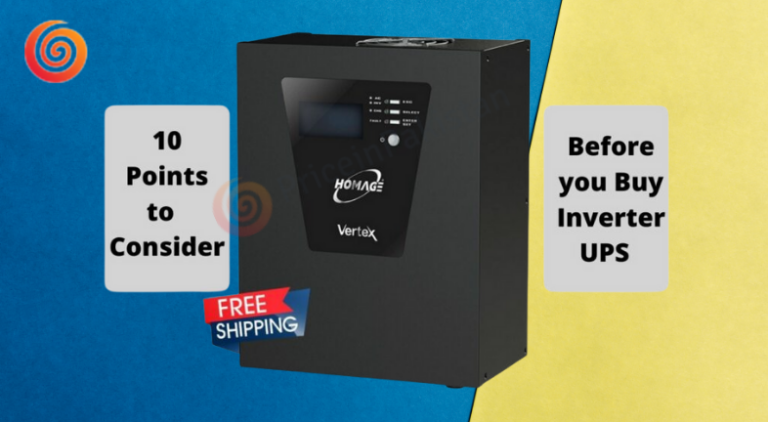

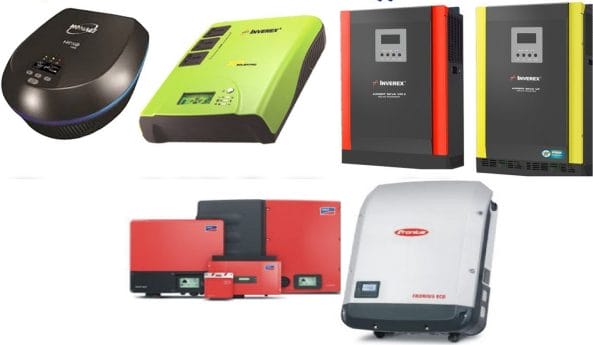
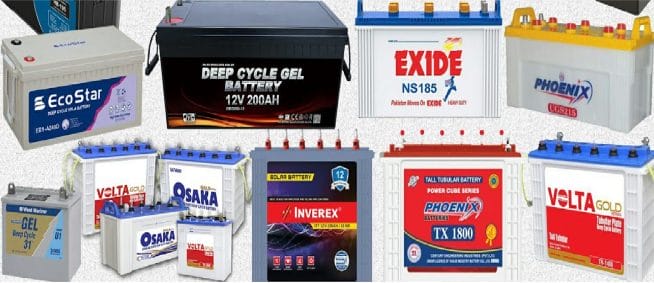
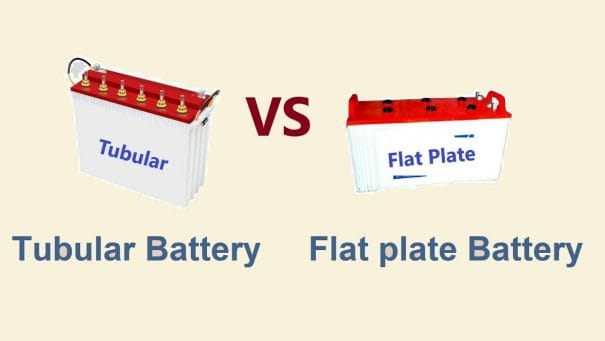
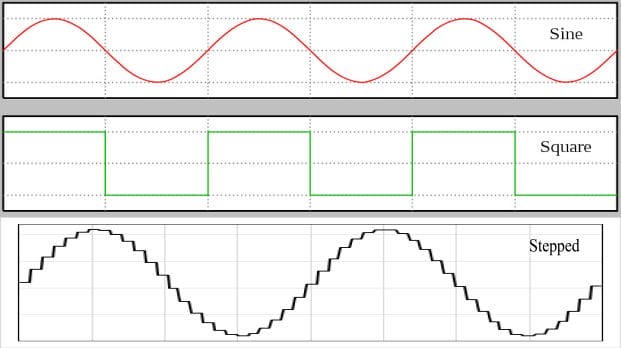
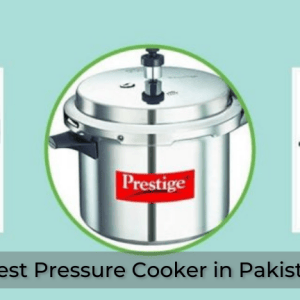


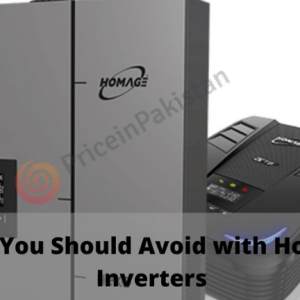


Very informative, can you please give me a way to contact you?